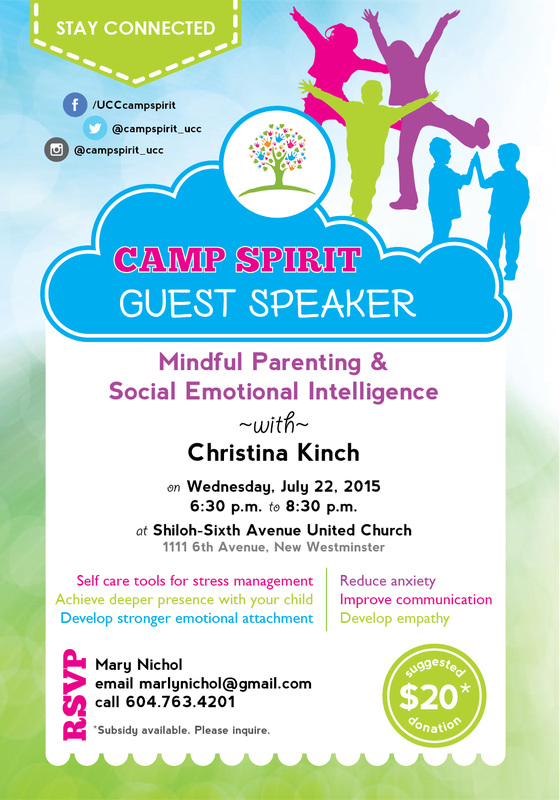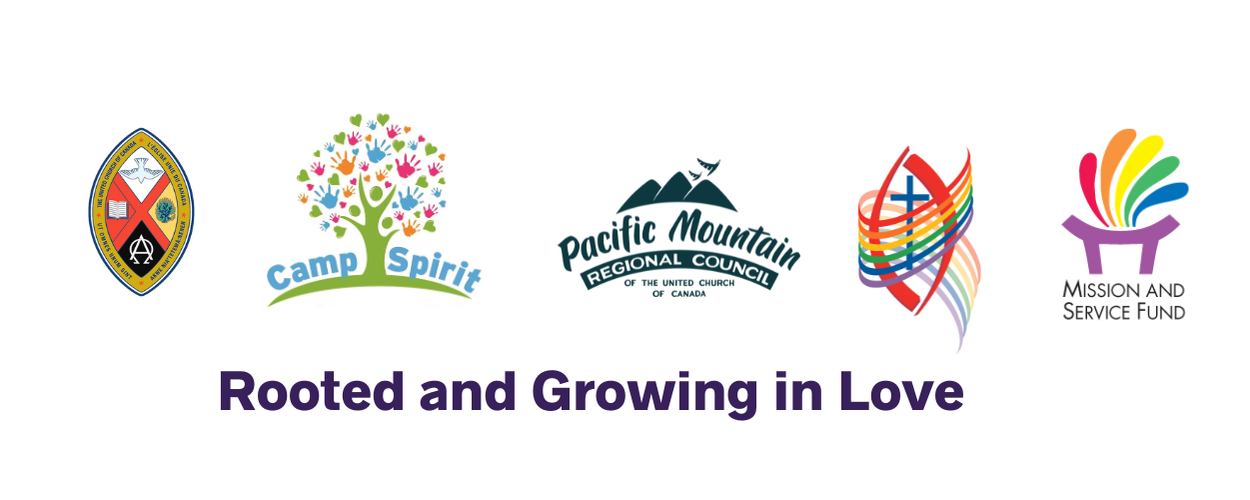|
Ask any parent and they’ll tell you one of the more difficult tasks of parenting is dealing with stressed, anxious and/or distracted children. Add on everyday stressors like a job or career, finances, extracurriculars, caring for aging parents, etc. and soon you’ll have a parent experiencing unhealthy levels of stress too. This mix of demanding lifestyle has led some parents to seek complementary or alternative strategies to medication for their children, as well as seeking self-care strategies to balance the demands of parenthood. Mindfulness practices can help both you and your child to:
What is Mindfulness? Mindfulness is bringing conscious, nonjudgmental attention to the present moment. Whether you are joyfully witnessing a first in your child’s life, or scrubbing ‘art’ off the living room walls, mindfulness can enhance joy and decrease suffering.
Why Practice Mindfulness? Over the last decade working with families, I have noticed that parents and children are experiencing greater levels of stress-related illness than ever before. Increased screen time, highly scheduled lives, and the desire to “get somewhere” are all contributing to this reality. Anxiety and (most) stress are a result of where we have been (and what we think about it) or where we are going (and what we think about that). Neither of them are rooted in the here and now. Mindfulness brings attention to the present moment, thus, decreasing stress and anxiety, rebalancing the nervous system, and creating more space for joy. 
Children are sponges and learn much from osmosis. When parents practice mindfulness, this has a relaxing affect on their children. A child’s nervous system is linked to their parents. When the parents are stressed, the child’s nervous system creates it own stress signals. When parents are relaxed, the child’s nervous system relaxes.
How do I begin? I would love to tell you that mindfulness takes no time or effort and you will see great results. However, that would be a lie. Mindfulness is not a miracle. Mindfulness, like anything that will change your life for the better in long-term ways, takes commitment. Not unreasonable, impossible, ‘there is no way to fit it into my life’ commitment, but commitment. Make the time If you have never practiced meditation or mindfulness before, I suggest beginning with an intention to practice 3-4 times per week for 5-10 minutes. (That could be just 15 minutes per week!) I suggest choosing a specific time of day. Morning often works for people (depending when your kids get up), or just before bed. Make the space Choose an area of your house to practice consistently. Choose a cushion, or perhaps set a table with a candle. Be intentional about setting the space as this place will hold the energy of your practice. You may choose a visible place where your children are able to observe your practice, or you may choose a quiet place away from busyness.
Do the Practice
This practice is informed by Eline Snel’s book Sitting Still like a Frog and also “The Welcoming Prayer” as taught by Cynthia Bourgeault in Centering Prayer and Inner Awakening. Get comfortable in your space. Tell your family what you are up to. Set a timer. Light a candle and take a few long, slow, deep breaths.
Good luck practicing! Remember that setting aside time to practice mindfulness is simply building the foundation for practicing in everyday life.

Christina Kinch, BA CYC, CYA-YT
Family Wellness Consultant, Yoga Therapist, Energy Healer Christina has over 10 years experience working with children, youth and families. She blends her expertise in child and youth mental health, addictions and family development counselling with her experience in yoga therapy, energy healing and mindfulness meditation to help support and restore health to whole families. Christina is the founder of Kinchara, a Vancouver-based business that offers programs to families and professionals that explore health from a holistic (mind, body, spirit) and community-based perspective. Christina also provides individual family sessions as part of the “Whole Family Journey” program. These sessions are customized to meet the needs of families struggling with anxiety, stress, behavioural challenges, ADHD and more. For more information about Kinchara and the services Christina offers, please visit christinakinch.com.
If you are interested in learning more about the above practice, how to integrate mindfulness into your daily life, and how to involve your child in mindfulness practices:
|
|





 RSS Feed
RSS Feed

